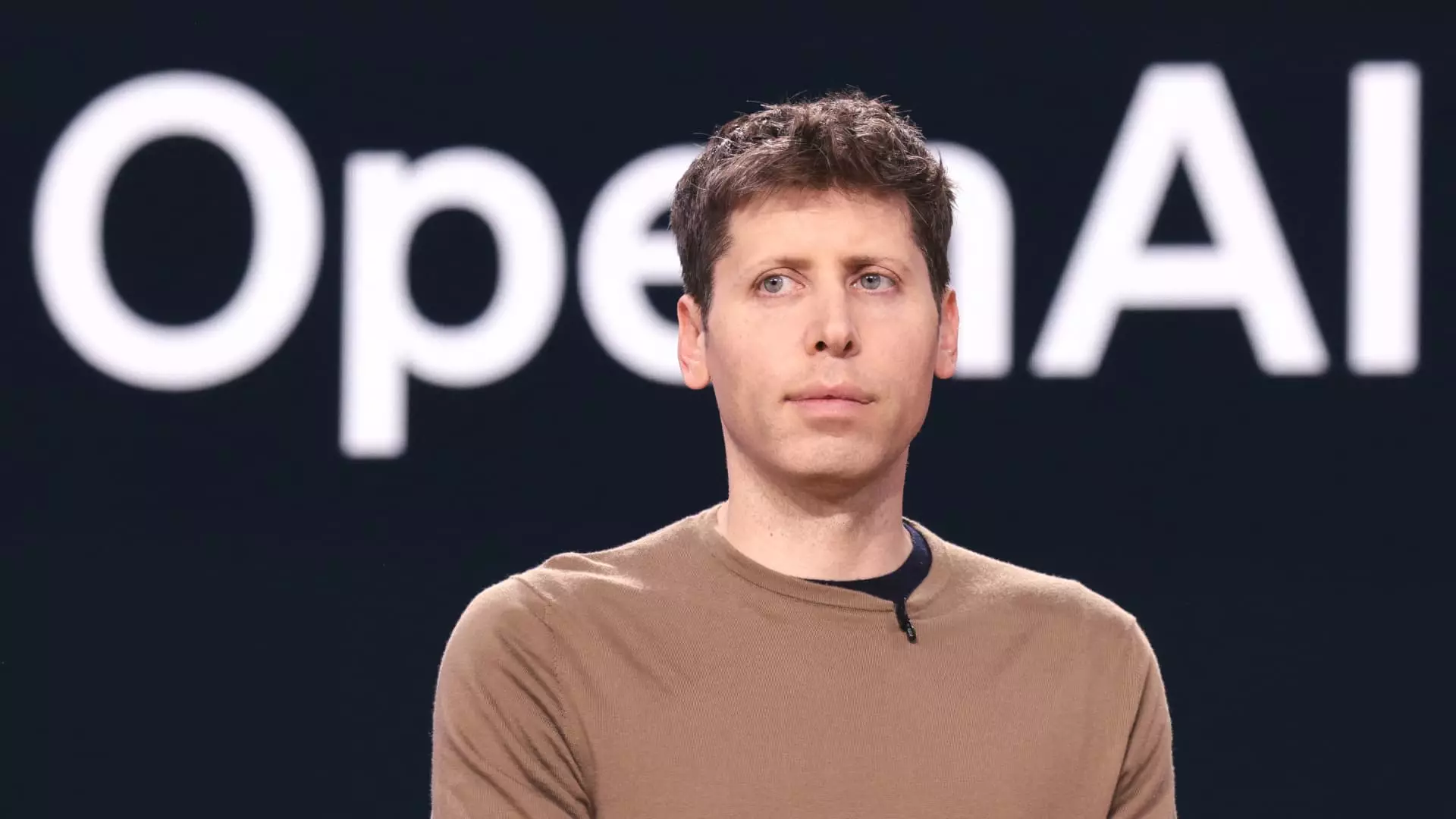The landscape of artificial intelligence is evolving at an unprecedented speed, prompting both excitement and concern among stakeholders and the general public alike. To navigate the murky waters of security and ethical considerations that accompany rapid advancements, OpenAI has made significant strides towards enhancing its governance structures. The decision to transition its Safety and Security Committee into an independent oversight board is a monumental step in addressing growing concerns around the safety and deployment of its AI models.
Since its inception, OpenAI has faced scrutiny over its safety protocols and ethical considerations. In response, the company established the Safety and Security Committee in May to address these pressing concerns. Recently, OpenAI announced that this committee would become an independent board oversight committee, thereby reinforcing its commitment to maintaining high standards in safety and governance. Zico Kolter, an esteemed academic from Carnegie Mellon University, will chair this pivotal committee, bringing a wealth of expertise to the role. The committee also boasts a diverse pool of members, including industry leaders from various sectors. This diverse expertise aims to ensure comprehensive oversight of OpenAI’s model deployment and development processes.
The Role of the Committee
The independent committee will oversee critical aspects related to OpenAI’s safety and security strategies. With the proliferation of AI technologies, it is imperative that organizations remain transparent and accountable. OpenAI’s decision to publicly share the committee’s findings demonstrates a commitment to transparency that is often lacking in corporate practices. Moreover, this new structure aims to build trust not only within the organization but also in public perception, which is essential for gaining widespread acceptance and adoption of AI technologies. The committee’s core responsibilities will include enhancing security measures and ensuring that OpenAI’s AI projects are developed and deployed responsibly.
As OpenAI continues to evolve, it is simultaneously navigating a significant funding round that could elevate its valuation to over $150 billion. Such a staggering figure represents a robust interest from major players like Thrive Capital, which plans to invest $1 billion, alongside discussions involving Microsoft, Nvidia, and Apple. The influx of capital comes at a time when OpenAI is poised to present new innovations, including its recently unveiled AI model designed to tackle complex reasoning tasks. This endeavor is further backed by the committee’s recent evaluation of OpenAI o1, highlighting safety precautions for groundbreaking AI technologies.
Recommendations and Responses
The Safety and Security Committee has provided five key recommendations aimed at fortifying OpenAI’s safety framework. These recommendations include implementing independent governance structures, bolstering security measures, fostering transparency, collaborating with external entities, and unifying safety protocols across the organization. Each of these elements addresses criticisms laid out by former employees and external stakeholders concerned about OpenAI’s capacity to operate safely and ethically amid rapid development. Notably, the committee maintains the authority to delay model releases if safety concerns are identified, which sets a significant precedent for prioritizing ethical considerations.
Challenges Ahead
However, OpenAI’s hyper-growth since the release of ChatGPT has not come without significant challenges. Concerns from employees regarding the pace of development have been echoed by political voices, including Democratic senators who have questioned the company’s approach to emerging safety concerns. Recent open letters from current and former employees reflect a growing unease over the organization’s oversight mechanisms, which have been criticized as inadequate. Additionally, the notable departure of key figures in AI safety underscores the internal turmoil and challenges that have plagued OpenAI, casting a shadow over its ambitious objectives.
Looking Forward
As OpenAI cements its independent oversight structures and navigates the complexities of the AI landscape, the need to address internal and external criticisms will be crucial. The independent Safety and Security Committee is a pivotal move towards enhancing OpenAI’s accountability and operational integrity. It signals an understanding that the future of AI requires collaborative efforts, transparency, and a steadfast commitment to safety. The developments at OpenAI may well serve as a template for other organizations grappling with similar ethical dilemmas as the world becomes increasingly intertwined with artificial intelligence technologies. As the journey unfolds, it will be imperative for OpenAI to not only meet emerging challenges but also to lead by example in fostering a culture of responsible AI development.

